How "Phool" is making crores from used temple flowers? 🌼
Insights into building perceived value for a commodity product.
Welcome to the 142nd edition of the GrowthX Newsletter. Every Tuesday & Thursday I write a piece on startups & business growth. Today’s piece is going to 95,300+ operators & leaders from startups like Google, Stripe, Swiggy, Razorpay, CRED & more
Over 8 million tonnes of flowers are discarded in the river every year for religious purposes in South Asia. That has made our rivers toxic & carcinogenic at few places like some part of the Ganga river. This is the story of how an idea + splendid execution is trying to fix the problem & making 100s of crores in the process.
We recently crossed a huge milestone of 84,000+ active readers for the newsletter. Our mission is to help a million readers build the right perspective about growth function & eradicate the whole growth hacking narrative. If the newsletter has helped you build a structured perspective, do share this on your twitter. Thanks a ton, friend :)
The Phool story ✨
Started in In 2015, phool.co uses waste temple flowers dumped in the rivers to create products such as incense sticks, cones & essential oils. Here’s a quick supply chain overview for easy consumption.
Plus, Phool will do ~₹100 crores 😳
What started as an important solution to waste disposal is now turning out to be a profitable business in the making. It raised ~USD $10 million recently and is on track to be the market leader in the category.
But, isn’t incense sticks a commodity? 🤔
Yes & No. The incense sticks that you buy from the temple entrance shop is definitely a commodity. You don’t care about the brand, it’s not really a high value purchase for most urban audience & incense sticks have existed for some 6,000+ years in India.
So why is Phool winning? 💰💰💰
First, it’s pure dhanda math 📊
It starts with sourcing the raw material at little to no cost (except transportation cost) & further sells the final product at a premium price. Plus, it’s majority of revenue comes from direct-to-consumer website & not Amazon. This makes so much sense considering it’s into a category creation play.
Second, it’s found a big niche 🎁
If it were to compete with the local incense stick selling shop, it would not stand any chance to ever win that price battle. So it plays a different game. It focuses on premium gifting as it’s core category. It shows up by glancing over how it thinks about packaging - minimal, gift worthy & has it’s own taste.
Third, the right price range 💵
Unsurprisingly, Phool doesn’t price the product based on cost price at all. It thinks gifting first and uses substitute pricing and works backward from that price point. Phool sells incense sticks at 3X the market price - thanks to it’s gifting + recycled + women-led wellness brand approach.
Fourth, solving repeat purchase behaviour 💵
The most common struggle with positioning your product as gifting is solving frequency of purchase. Phool is solving it by creating a gift box collection for every freaking Indian festival & getting into B2B gifting early on. It’s doing product category expansion to constantly solve for basket size increase through the year - reducing revenue seasonality.
What's next for Phool? 🎯
Phool's entry into retail fashion with “Fleather”, a vegan leather alternative could be game changing. But, the market exists abroad for this product and it will be exciting to see how it goes to market with it’s India playbook and adapt for ultra competitive retail fashion market.
Distribution in a competitive category is hard 🙇🏻♂️
Especially when you have to spend tons of cash upfront to acquire customers who may never turn a profit. That’s why we built an exhaustive learning experience at GrowthX that helps founders & leaders think through their product market fit, distribution strategy & solving for revenue growth. Over 2,000 founders & leaders have joined us & scaling their product revenue every freaking day.
Thank you for supporting this newsletter 🪄
We spend a sizable portion of our time writing pieces for this newsletter. Share it with your closed circle / Twitter if you find it interesting.





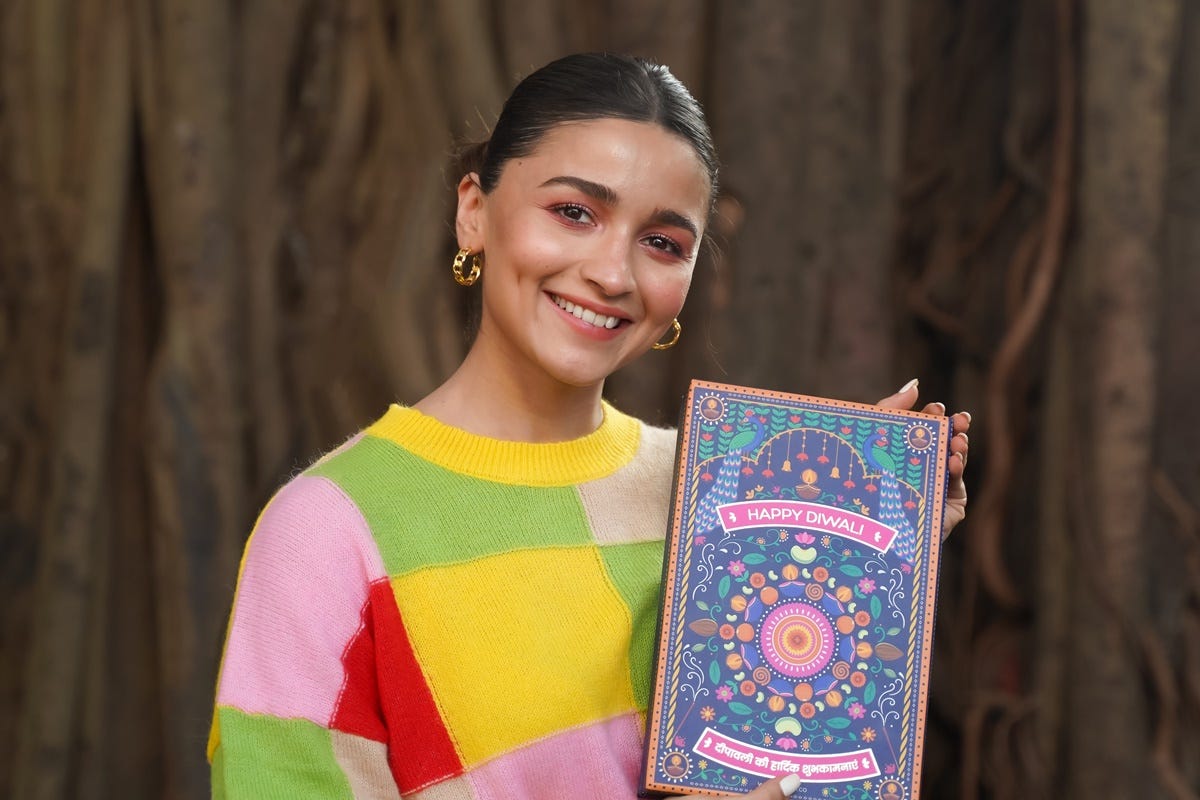
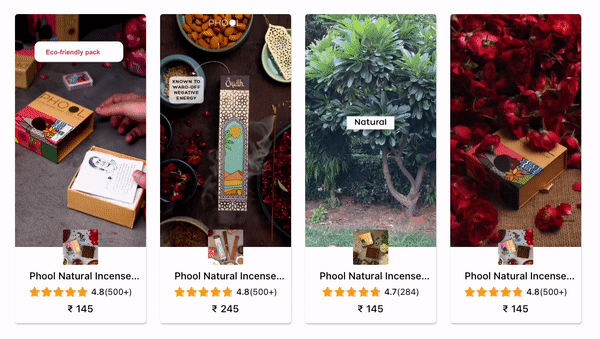
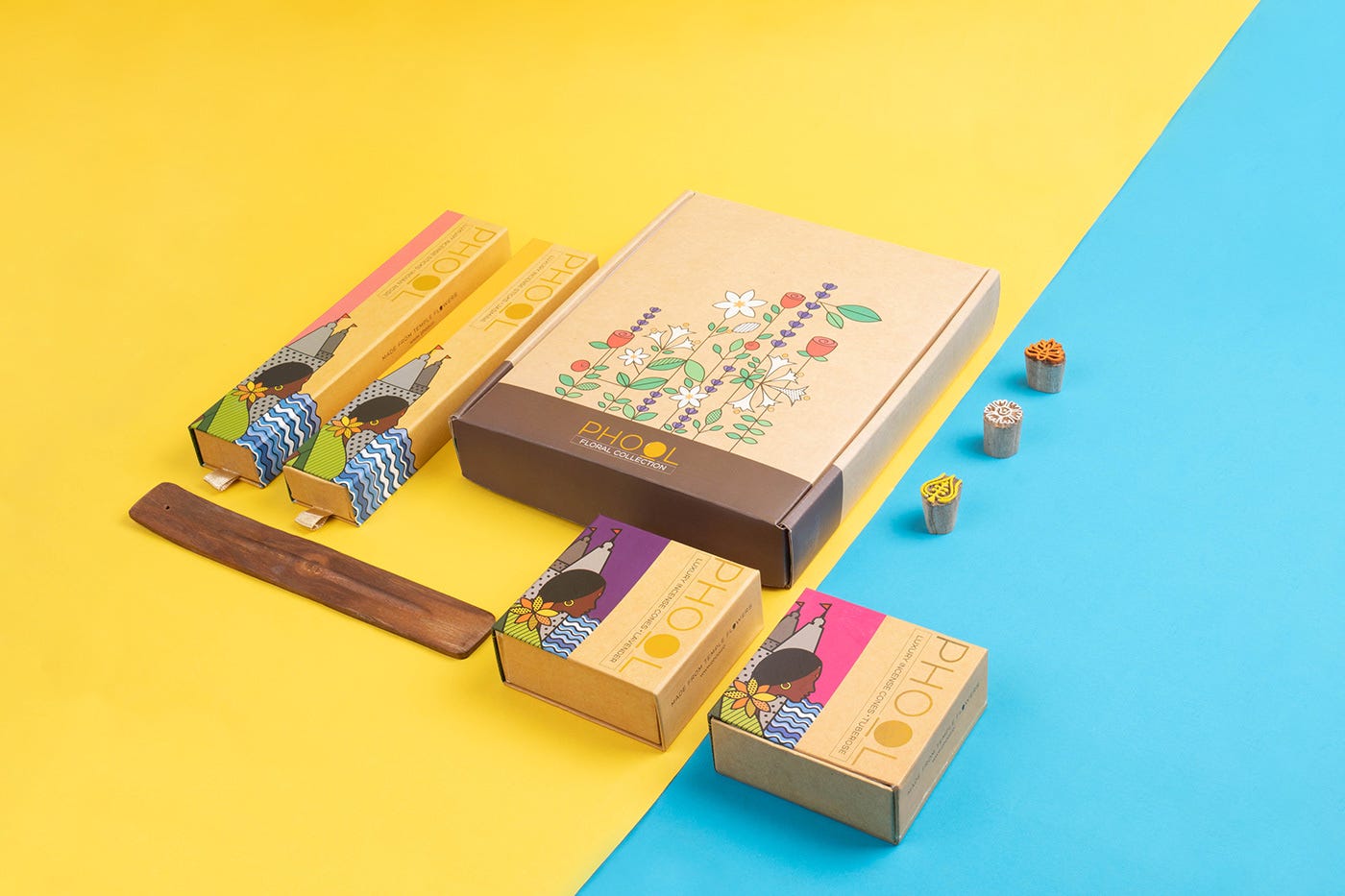

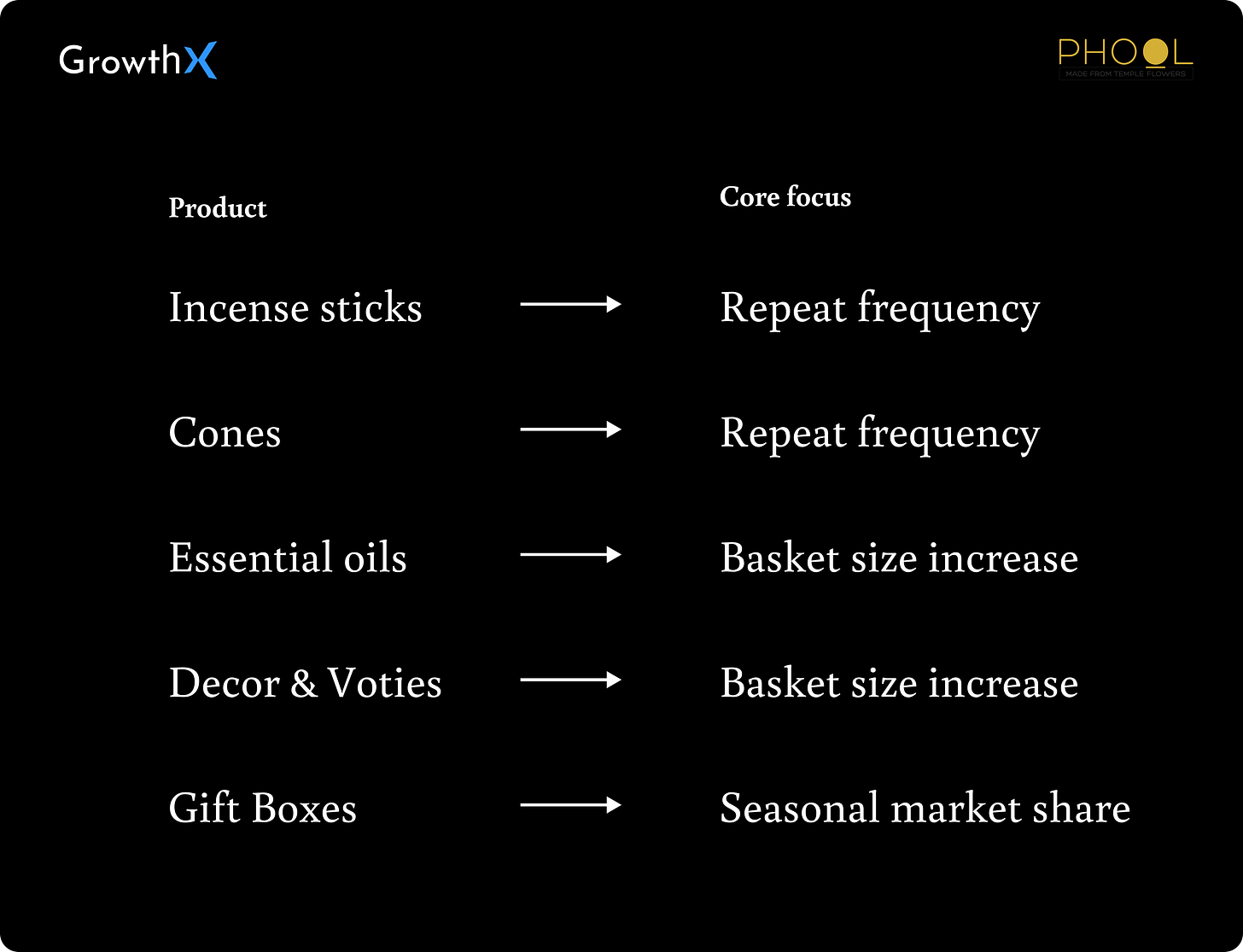
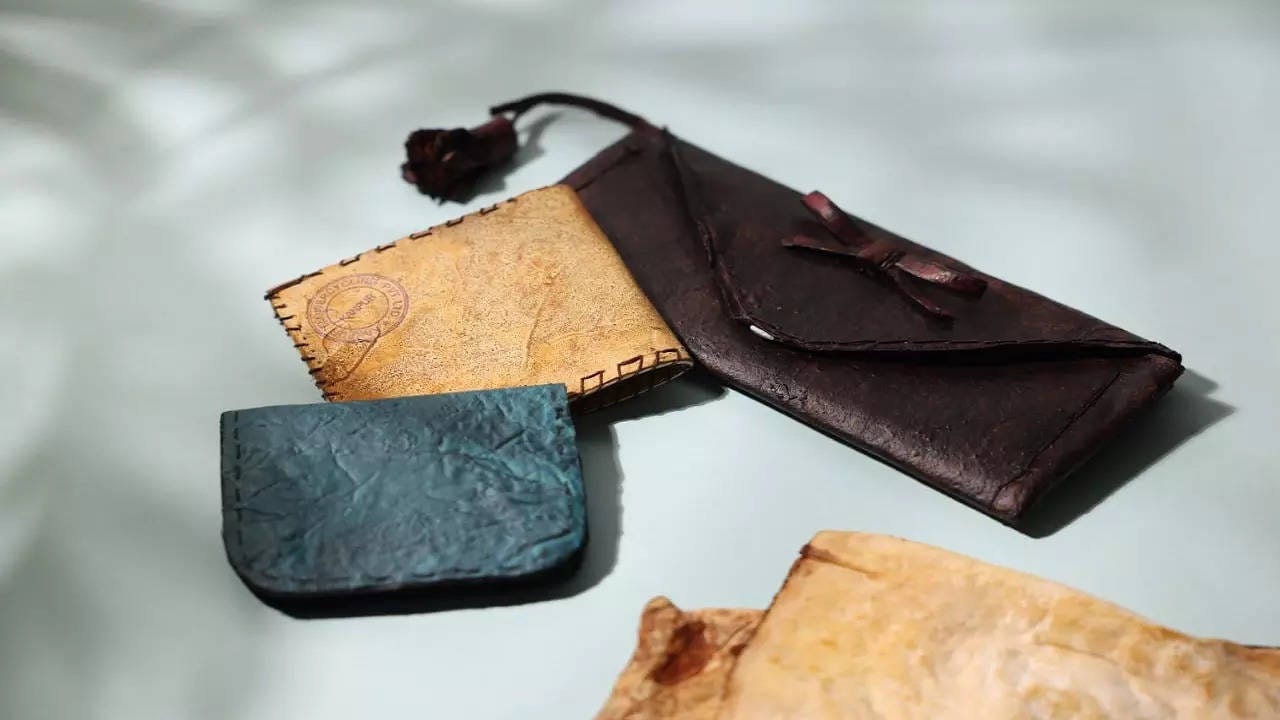



Getting into B2B gifting is a great idea for a produce line like this.